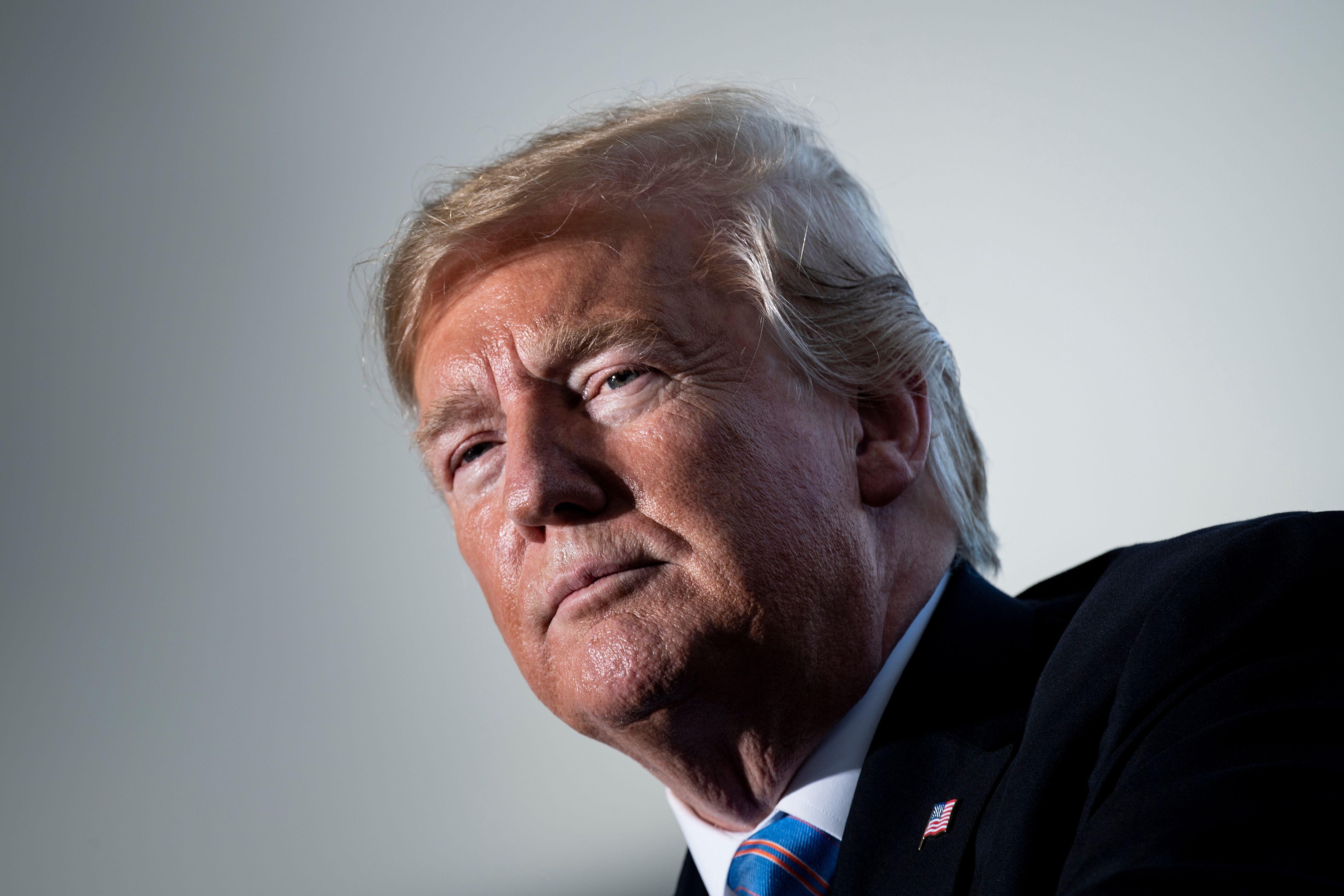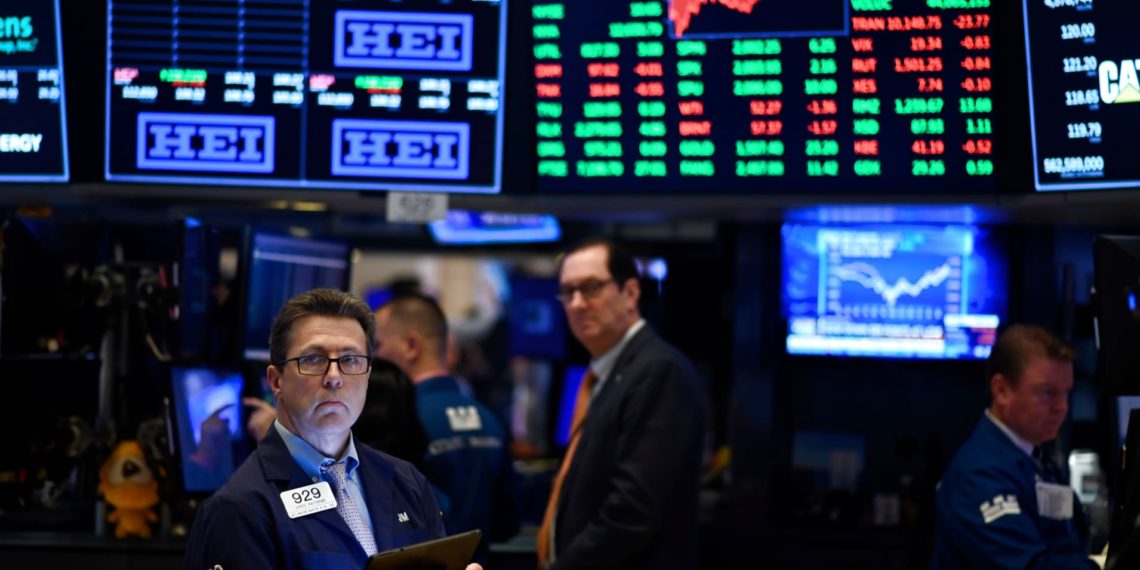Although academics have nuanced definitions of financialization, it boils down to the financial sector – such as banks, credit card businesses, and insurance companies – becoming an increasingly larger part of the overall economy. Financialization enriches a select few at the majority’s expense and should terrify all Americans.
The financial sector produces no goods that can be consumed, such as food, clothing, or medicine. As a result, an expanding financial sector without the matching growth of the “real” economic sector transforms productive economic activities to the business of a casino, using real resources but producing no tangible output.
Even more, a rapidly growing financial sector is stoked by borrowed money or debt, something that has historically been the catalyst for financial crises, recessions, and even depressions. If unchecked, the financial sector’s increasing prominence will, in time, damage the real economy and the social fabric of the United States.
Role of Financial Sector
The financial sector sits between savers and borrowers: it takes money from savers and channels those funds those who want to borrow, such as businesses and projects.
The performance of the financial sector depends on how well it carries out two tasks: providing savers with the range of financial instruments they want and channeling savings to the most productive areas, namely, projects with the highest rate of return.
This then supports the growth of the real economy that produces goods and services that can be consumed or invested in, creating high paying jobs and overall prosperity in the process.
Performance of Financial Sector
The financial industry plays an essential role in creating a balanced and high performing economy that includes growth, low unemployment and inflation, stability, and a manageable level of national debt to protect future generations.
In the 1950s and 1960s, the average real annual economic growth rate was above 4 percent, but since 2009, it has been below 2 percent. From 1946 to 1973, real median household income surged 74 percent, but the numbers have not risen significantly for nearly 40 years.
Financialization has increased the wellbeing of the top 1 percent and especially the top 0.01 percent, and all of this with the debt-to-GDP ratio rising from 32 percent in 1980 to a whopping 106 percent in 2018.
Dangers of Debt
This increasing level of debt, enabled by the financial industry, is troubling. High levels of debt have historically been the spark for financial crises. The banking sector, part of the finance industry, creates money, lends it to businesses and consumers with the overall level of debt ballooning, much of it employed in non-productive pursuits that cannot be paid back.
$23,096,982,431,273.97 (+) #NationalDebt
— National Debt Tweets (@NationalDebt) December 10, 2019
Financial crises do untold damage and destroy many lives along the way. Millions lost their jobs in the recent Great Recession, wages stagnated, and it costs the U.S. up to $30 trillion. Eventually, public debt has to be paid off and becomes a burden for future generations.
The doubling share of financial services in the economy since 1980 has had an attendant transfer of wealth to America’s financial sector, creating America’s very own oligarchs.
Deregulations and Tax Cuts
Financialization was accelerated by the financial deregulations during Ronald Reagan’s presidency (1981 – 1989) and the accompanying tax cuts, which favored the wealthy. Deregulation continued during Bill Clinton’s presidency (1993 – 2001) until temporarily halted in the aftermath of the Great Recession. However, deregulation and tax breaks have been reignited in the Donald Trump era, with effective corporate tax rates and inheritance taxes reduced.

While there are many factors affecting wealth distribution, increasing concentration of wealth is undeniable: the top 0.1 percent owned 7 percent of the wealth in 1978, rising to 22 percent in 2012 and equivalent to the combined wealth of the bottom 80 percent. There were 13 American billionaires in 1982; the number had increased to 607 by 2019.
The concentration of income and wealth fueled by financialization has resulted in the financial industry becoming the sector with the largest lobbying budget, with the apparent goal of eroding regulations designed to safeguard the economy from financial crises.
Oligarchs and Time to Act
If share prices on Wall Street are doubled overnight, are we better off? No, the economy has not produced any more real goods and services. But those who own shares have higher financial wealth and own more of the real economy. Wealth has been redistributed in their favor by stealth. The favored few, who own the vast financial assets, are America’s oligarchs. Once this wealth is transferred, it is hard to recover.
We need to act and act soon. If not, financialization, slower economic growth, rising debt, increasing wealth, income inequalities, and frequent and deeper financial crises will increase the likelihood of internal turmoil.
Disclaimer: The views and opinions expressed here are those of the author and do not necessarily reflect the editorial position of The Globe Post.





















